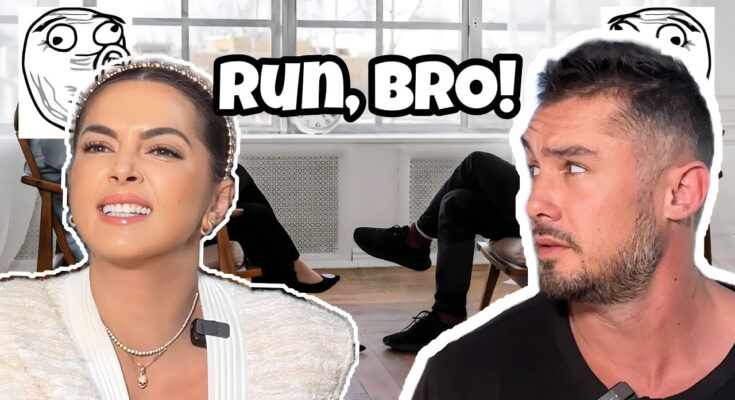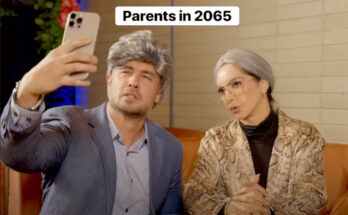Eva and Javier’s Facebook posts frequently blend humor with undertones of relational strife.
Comments on their content, such as “I’m not as toxic as you” 4 and “Bro just behave yourself forever” 4, highlight how their audience interprets their dynamic as a mix of playful banter and unresolved tension. Their posts often depict exaggerated scenarios—like near-death experiences or exaggerated arguments—that resonate with viewers familiar with volatile relationships. This mirrors broader cultural fascination with love that teeters between passion and dysfunction.
Eva Gabriel, an actor married to Javier Gabriel, has appeared in shows like True Detective and Stitchers 21. These roles often involve intense, morally ambiguous characters, further blurring the line between fiction and reality. Her on-screen persona may influence how fans perceive her off-screen relationship with Javier, projecting fictional toxicity onto their real-life dynamic.

Eva and Javier’s portrayal of turbulent relationships—whether intentional or exaggerated—taps into a universal fascination with love’s darker edges. From literature (Stoner) to TV (Bad Sisters) and therapeutic advice 23, their content mirrors societal struggles to balance passion with respect. While their antics entertain, they also serve as a cautionary mirror, reminding us that toxicity, even when fictionalized, often stems from very real emotional patterns.
Relationship therapist Eva Van Prooyen’s blog emphasizes identifying coercive control in partnerships, describing it as “emotional abuse disguised as love and devotion” 23. She advocates for repairing conflicts through mutual respect—a stark contrast to the exaggerated toxicity in Eva and Javier’s content. This duality reflects societal tension: audiences enjoy dramatized dysfunction in media while seeking healthier models in reality.



